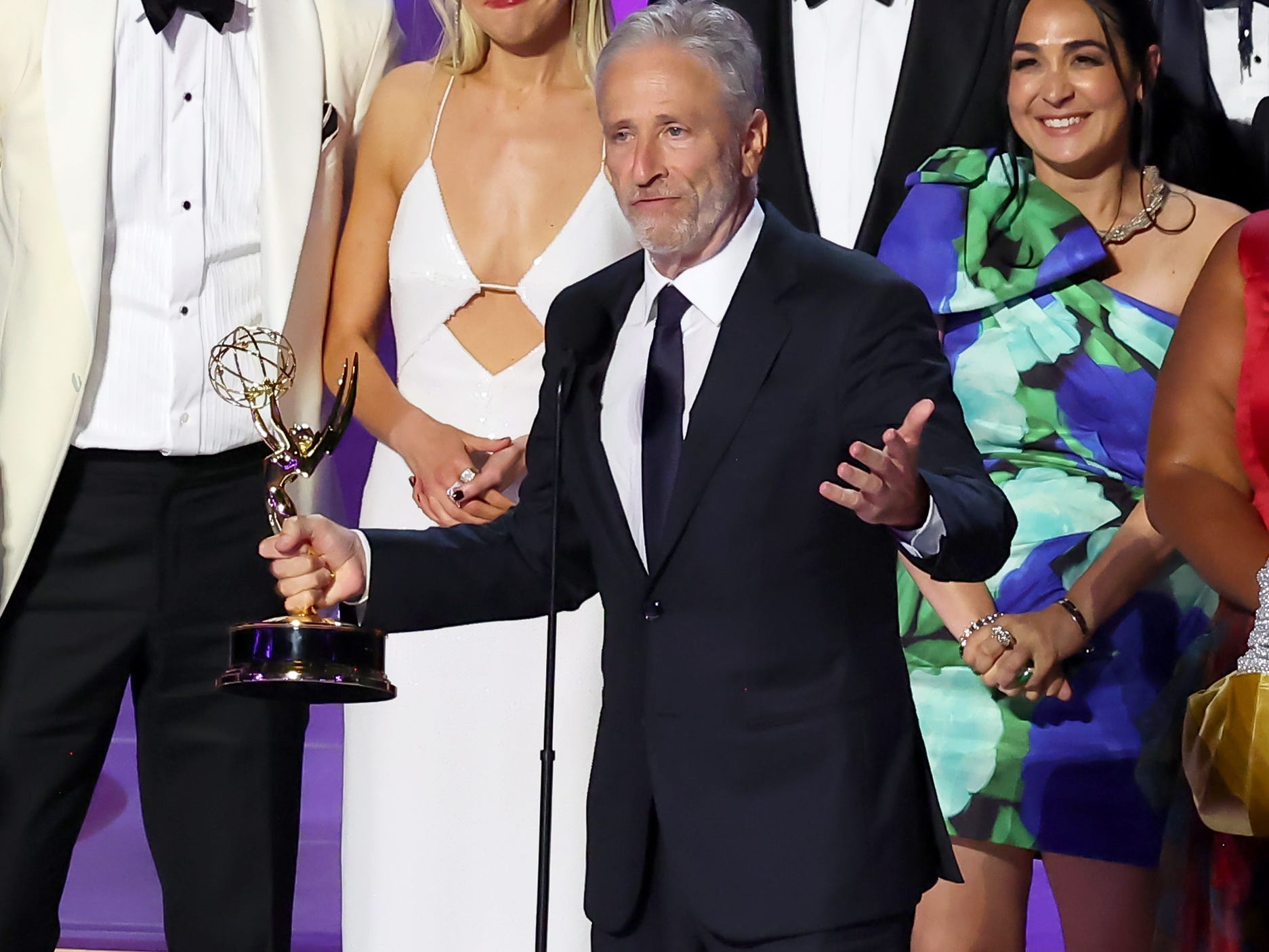Nate Silver Rejects ‘Daily Show’ Spot Amid TV’s Decline

BREAKING: In a surprising move, renowned statistician and author Nate Silver has revealed he turned down an invitation to appear on The Daily Show during his book tour last fall. This decision highlights the shifting landscape of late-night television, which is grappling with declining viewership and relevance.
Silver’s rejection comes in the wake of Paramount announcing the cancellation of Stephen Colbert‘s late-night show, stirring discussions about the future of television. As audiences increasingly shift towards digital platforms, traditional late-night formats are struggling to maintain their foothold, leading to questions about their financial viability and cultural impact.
In his commentary, Silver noted that he preferred to spend his time on a “niche podcast” rather than face what he described as a “stunt-y debate” with historian Allan Lichtman. He expressed skepticism about the effectiveness of late-night appearances for book promotion, stating, “The upside wasn’t there the way it might have been a decade ago.”
This sentiment underscores a significant trend: the declining power of television to drive book sales and influence public discourse. Once seen as a prestigious platform for authors, late-night shows are now competing with more targeted online formats that yield better engagement and conversion rates.
As viewership for conventional TV continues to plummet, with many shows seeing drastic declines in audiences, the media landscape is evolving. Clips from these shows may circulate on social media, but those views do not translate into revenue. Silver’s choice signals a broader recognition that the traditional media model is under siege.
What’s next? The implications of this shift are profound. As late-night shows continue to face challenges, the future remains uncertain. Authors and public figures may increasingly favor podcasts and other digital platforms for their promotional activities, reshaping how audiences consume content.
With the landscape of media changing rapidly, this incident serves as a stark reminder of the waning influence of traditional television formats. As the conversation continues, stakeholders in the media industry will be watching closely to see how these trends develop.






